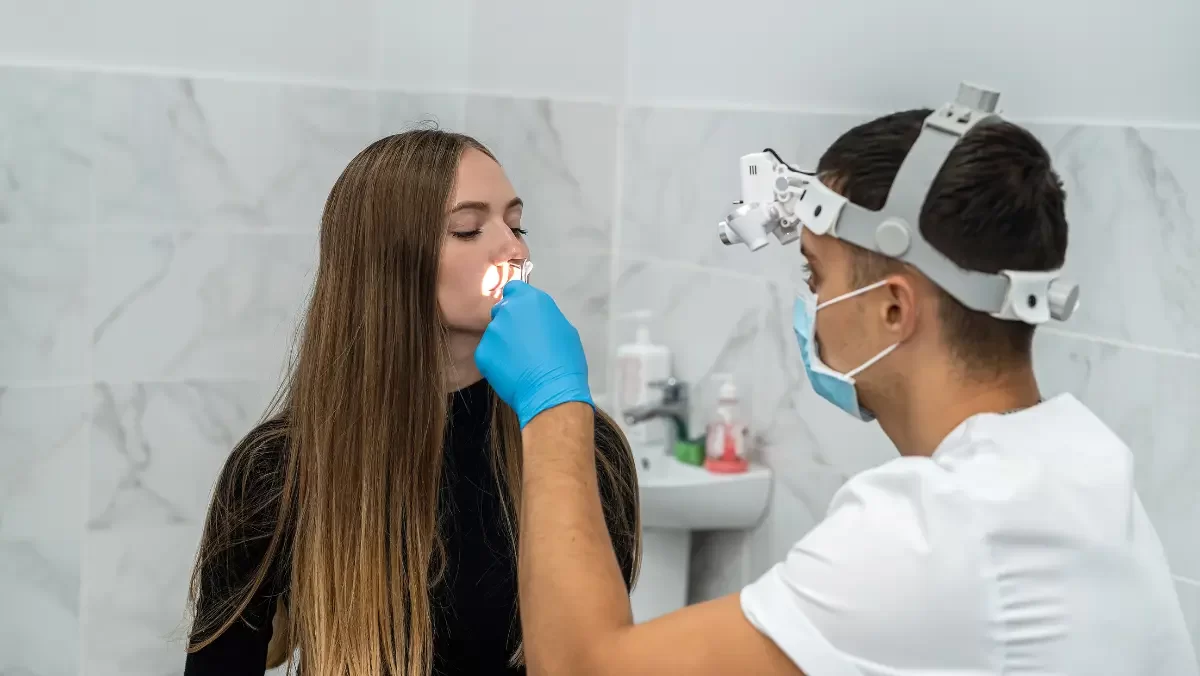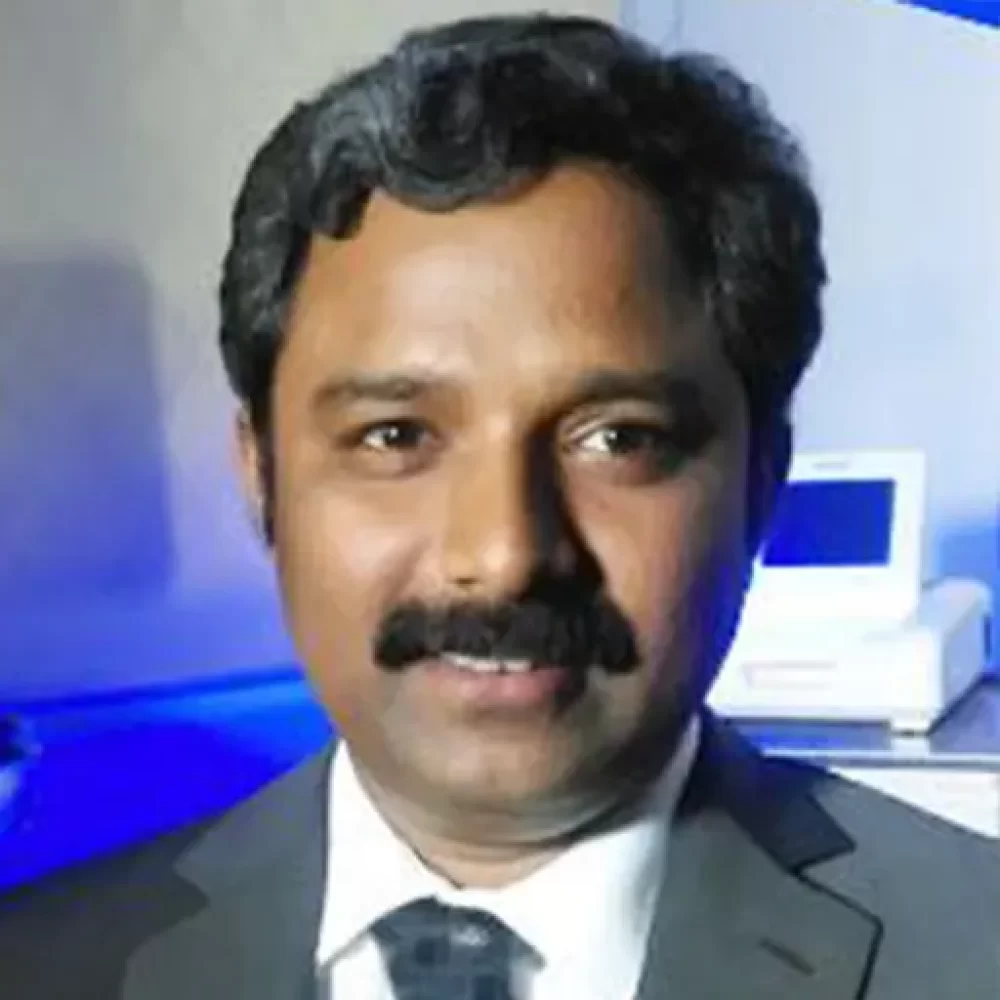Ear, Nose, and Throat (ENT) health plays a crucial role in overall well-being, as these interconnected systems support essential functions such as hearing, breathing, and speech. ENT specialists diagnose and treat a wide range of conditions, from common infections to complex disorders affecting balance and communication. With advancements in medical technology, ENT treatments have become more precise and effective, improving patient outcomes significantly. Addressing ENT issues promptly can prevent complications, enhance quality of life, and restore normal function. Neglecting ENT health can lead to chronic discomfort and long-term impairments, affecting daily activities and overall wellness. Regular check-ups and preventive care play a vital role in maintaining optimal ENT health.
What’s an ENT?
An ENT, or otolaryngologist, is a medical specialist trained to diagnose and treat conditions related to the ears, nose, throat, and related structures of the head and neck. These experts handle everything from minor infections to intricate surgeries addressing severe ailments. Their expertise covers a broad spectrum, including hearing loss, sinus disorders, voice problems, and head and neck cancers. ENT specialists often collaborate with audiologists, speech therapists, and other healthcare professionals to provide comprehensive care.
- They address throat disorders, including tonsillitis resulting in swollen and painful tonsils, voice issues that cause hoarseness and vocal strain, and swallowing difficulties that interfere with eating and drinking.echniques such as endoscopy, audiometry, and allergy testing to provide precise treatments. Patients experiencing persistent ENT-related symptoms should seek professional medical advice to prevent complications.
- They treat ear conditions such as infections that cause pain and discomfort, tinnitus leading to persistent ringing sounds, and hearing loss that can affect communication and daily interactions.
- They manage nasal problems like allergies that trigger sneezing and congestion, sinusitis causing severe headaches and facial pressure, and breathing difficulties that impact oxygen intake and overall health.
Signs and Symptoms
Recognizing symptoms early can lead to prompt treatment and prevent complications. ENT disorders often present with discomfort or functional impairments that interfere with daily activities. Persistent symptoms should never be ignored, as they might indicate an underlying condition requiring medical intervention.
Throat symptoms: sore throat causing pain while swallowing and speaking, difficulty swallowing that leads to choking or discomfort, persistent hoarseness affecting voice clarity, or swollen lymph nodes indicating infection or inflammation.en and affect overall health. Seeking ENT treatment in Chennai at a reputed healthcare facility ensures accurate diagnosis and effective management.
Ear symptoms: hearing loss that gradually worsens and affects communication, ringing in the ears that disrupts sleep and concentration, dizziness leading to imbalance and falls, or persistent ear infections that cause pain and fluid discharge.
Nose symptoms: chronic congestion making it difficult to breathe through the nose, nasal obstruction that blocks airflow and causes snoring, frequent nosebleeds that indicate underlying nasal issues, or a reduced sense of smell affecting taste perception.
Effective Treatments for ENT Conditions
ENT treatments vary depending on the condition and severity. Early-stage disorders may be managed with medications, while advanced cases often require surgical intervention. Advancements in medical technology have improved treatment outcomes, making procedures safer and more effective.
Surgical procedures: tonsillectomy performed to remove infected or enlarged tonsils causing breathing or swallowing issues, sinus surgery to clear blocked sinuses and relieve chronic headaches, cochlear implants to restore hearing for those with profound hearing loss, and corrective procedures for nasal obstructions that improve breathing and airflow.
Medications: antibiotics prescribed to treat bacterial infections that cause ear or throat pain, antihistamines used to control allergic reactions that result in nasal congestion and sneezing, and nasal sprays to reduce sinus inflammation and improve airflow.
Non-surgical treatments: hearing aids designed to amplify sounds and improve communication for those with hearing loss, speech therapy to assist individuals with voice disorders and speech difficulties, and vestibular rehabilitation programs for balance disorders and dizziness.
Preventive Care for ENT Health
Maintaining ENT health requires proactive measures to prevent infections and complications. A balanced lifestyle, good hygiene, and timely medical check-ups play a crucial role in preventing ENT disorders.
- Ear care: avoid loud noises that can cause permanent hearing damage, clean ears properly by avoiding cotton swabs that push wax deeper, and seek medical advice if experiencing persistent pain, infections, or sudden hearing loss.
- Nasal care: manage allergies by identifying and avoiding triggers such as dust or pollen, stay hydrated to keep nasal passages moist and prevent dryness, and practice proper nasal hygiene to reduce the risk of infections and inflammation.
- Throat care: maintain hydration to prevent dryness and irritation, avoid excessive strain on vocal cords by limiting shouting or prolonged speaking, and refrain from smoking as it can cause throat irritation, chronic coughing, and increase the risk of throat cancer.
When to See an ENT Specialist?
Certain symptoms indicate the need for specialized medical attention. Delaying a consultation may lead to worsening conditions and long-term complications. An ENT specialist should be consulted for persistent or severe symptoms that impact daily life.
- Chronic ear infections that do not respond to medications and cause pain, sudden hearing loss that occurs without warning and affects daily communication, or persistent ringing in the ears that interferes with concentration and sleep quality.
- Prolonged nasal congestion that lasts for weeks and affects breathing, frequent sinus infections causing facial pain and pressure, or difficulty breathing that worsens over time and may indicate an underlying condition like a deviated septum.
- Recurring sore throats that persist despite home remedies and medication, voice changes such as hoarseness or loss of voice lasting for weeks, or trouble swallowing that leads to discomfort, choking, or unintentional weight loss.
Conclusion
ENT health is vital for maintaining essential functions such as hearing, breathing, and speaking. Early detection and appropriate treatment can prevent complications and enhance quality of life. Prime Indian Hospital provides expert ENT care, offering advanced treatments and personalized solutions for various conditions. Prioritizing ENT health ensures overall well-being and long-term comfort.Seeking timely medical intervention can make a significant difference in recovery and overall health.
By taking proactive measures, individuals can reduce the risk of developing severe ENT-related complications. In some cases, general surgery may be necessary for more complex conditions, such as severe infections, tumors, or structural abnormalities in the ear, nose, or throat. General surgeons work alongside ENT specialists to provide comprehensive care, ensuring that conditions are diagnosed early and treated effectively. Prompt surgical intervention can prevent the escalation of issues like airway obstruction, chronic infections, or hearing loss, improving the quality of life.
Whether it’s a minor procedure or a more extensive surgery, seeking medical advice early is key to minimizing risks and ensuring a quicker, smoother recovery process. By combining general surgery with specialized ENT care, patients can achieve optimal outcomes and reduce the chances of future complications.














